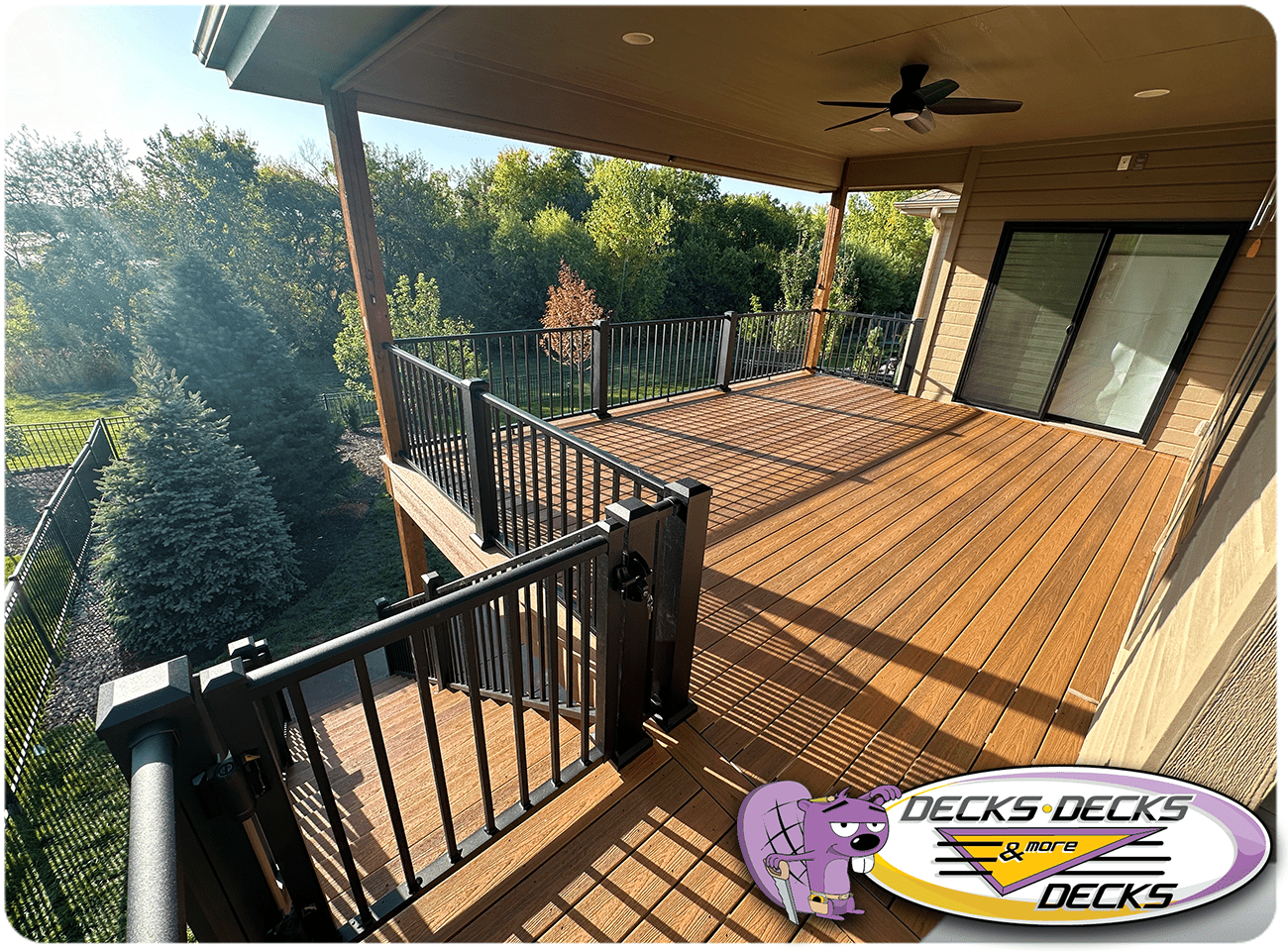Deck Psychology: Why We’re Drawn to Outdoor Living Spaces
Ever notice how people naturally drift toward the deck during a gathering? Or how stepping outside—even for a few minutes—can shift your mood completely? It turns out, there’s a psychological reason decks feel so inviting. More than just a platform for your grill or patio furniture, a deck taps into some of our deepest emotional and mental needs.
Let’s break it down.
1. Nature Is Built Into Our DNA
Humans are wired to respond positively to nature. Psychologists call it biophilia—the instinctive connection we have with the natural world. Being outside improves mood, reduces stress, and boosts cognitive function. A deck becomes the perfect middle ground between indoor comfort and the rejuvenating power of nature.
Even if you’re not surrounded by mountains or forests, simply sitting outside on your deck with a view of trees, birds, or a garden is enough to calm the nervous system.
2. Elevation Makes Us Feel Safe and In Control
There’s something about being just a little higher up than ground level that gives us a feeling of perspective—both literally and mentally. That slight elevation your deck provides offers a sense of command over your environment. Psychologically, this can make you feel safer, more secure, and more aware of your surroundings.
It’s no coincidence that lookout towers, balconies, and decks all give people that same peaceful feeling.

3. Defined Space Brings Comfort
We love structure—even in outdoor spaces. A deck is like an outdoor “room,” giving shape to what would otherwise be an undefined area. When you step onto a deck, your brain recognizes it as a boundary—a safe, structured zone where you can relax.
Whether it’s framed with railings, built-in seating, or subtle lighting, those edges provide a comforting sense of enclosure.
4. It’s a Built-In Social Magnet
Decks are social by design. From rounded seating areas to built-in benches and fire pits, decks invite conversation and connection. There’s no TV pulling focus—just people, nature, and comfort. It’s one of the rare places in a home where everyone can be present, together.
If you’ve ever noticed that people tend to linger longer outside, this is part of the reason. Outdoor settings lower social anxiety, encourage laughter, and create shared memories.
5. Textures, Light, and Flow Affect Mood
The feel of wood grain under your feet. The warm glow of low-voltage lighting. The way a deck leads seamlessly from your kitchen to the backyard—these details matter more than most people realize.
Designers know that texture, color, light, and layout can all subtly influence our emotional state. A well-designed deck creates a space that soothes and energizes at the same time. It welcomes you in and makes it easy to stay awhile.
6. Decks Give Us Control Over How We Relax
One of the most powerful aspects of outdoor living is the ability to personalize your relaxation. Want to sip coffee in the morning sun? Fire up the grill on a Saturday night? Lay back with a book under the stars?
A deck gives you that freedom. It’s not just a space—it’s a flexible environment that adapts to your emotional needs.
Final Thoughts: A Deck Is More Than Just a Build
When people think of decks, they often think about lumber, railings, and square footage. But beneath the surface is something more powerful: a space that meets our psychological needs in a subtle, satisfying way.
So the next time you step onto your deck, take a moment to notice how it makes you feel. That sense of calm, clarity, and connection? That’s not a coincidence. That’s deck psychology in action.

